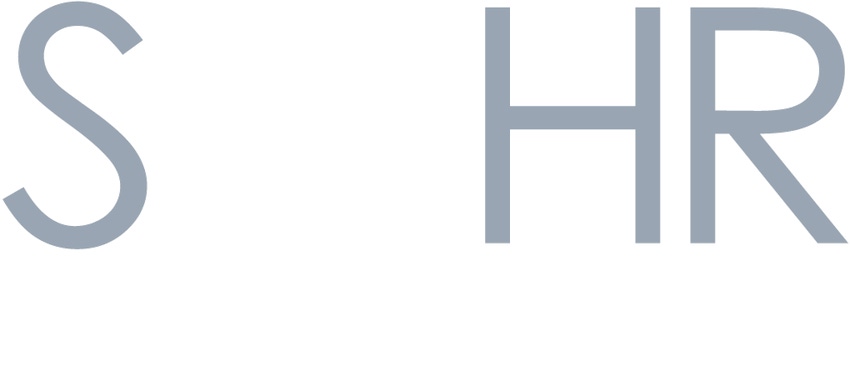New survey shows more than two-thirds of women ages 50 to 64 are comfortable with non-hormonal therapies, but only 10 percent have discussed them with a doctor.
July 29, 2013

While more than two-thirds of women ages 50 to 64 stated they are comfortable with using non-hormonal therapies for menopause-related hot flashes, only 10 percent reported they have talked to their doctor about these options. Additionally, more than half reported they were not aware of all the options available to them.
In the United States, an estimated 50 million women have reached menopause, and most women will spend at least one-third of their lives beyond their final menstrual period. Hot flashes are one of the most common symptoms of menopause, with 65 to 80 percent of women experiencing hot flashes to some degree. Despite the number of women affected by hot flashes, many are not aware of the variety of therapies available to them.
The survey, conducted online by Harris Interactive on behalf of the Society for Women’s Health Research (SWHR) and Metagenics in April this year among 314 U.S. women ages 50 to 64, found that while more than half (52 percent) were not aware of non-hormonal options, more than two-thirds (69 percent) reported they would be comfortable with using alternative and non-hormonal therapies to help reduce their hot flashes.
“Hot flashes can be very bothersome and disruptive to women, and there is some confusion about the range of available hot flash therapies,” said Phyllis Greenberger, MSW, president and CEO of SWHR. “SWHR believes strongly in the importance of educating women about all of the options available to them, including both hormonal and non-hormonal therapies, so they can make informed choices.”
The SWHR and Metagenics survey also found that just 23 percent of women ages 50 to 64 said they were aware of all the available therapies for menopause-related hot flashes and only one in five (19 percent) have discussed any and all available options with their health care provider.
“For many women, non-hormonal therapies can be a first-line or replacement therapy for reducing menopause-related hot flashes,” said Joseph Lamb, MD, director of intramural clinical research at Metagenics. “I encourage affected women to talk with their health care provider to learn more about all available options and determine what may work best for them.”

You May Also Like


